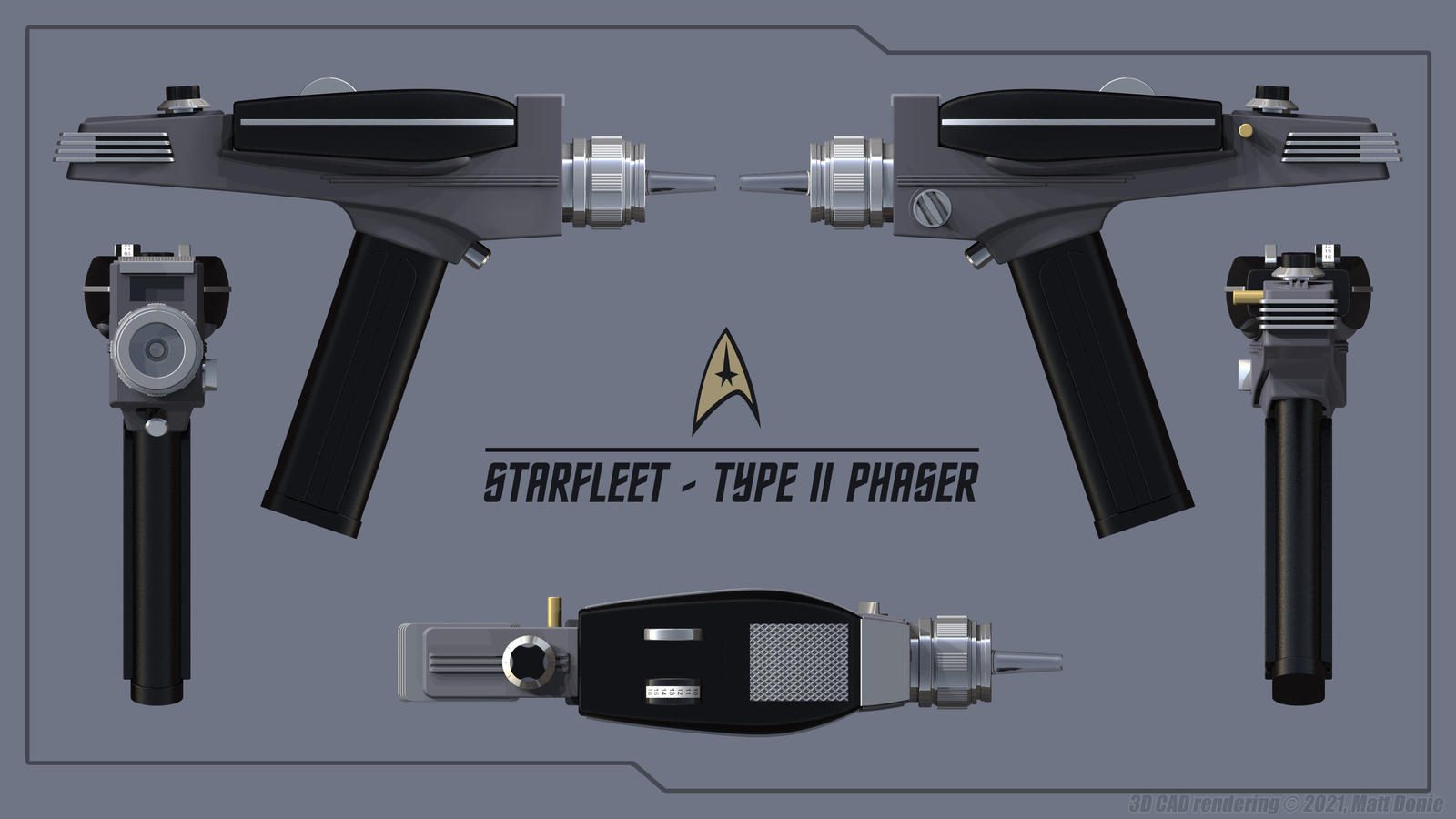Why Star Trek Switched from Laser Weapons to Phasers
When you think about Star Trek, a few images probably pop into your head — starships, strange new worlds, and of course, phasers. But here’s the funny part: early on, those famous Star Trek laser weapons weren’t called phasers at all. They were just lasers. Nothing fancy.
It didn’t stay that way for long.

Lasers Weren’t Futuristic Enough
In the 1960s, lasers were starting to make real headlines. They were exciting, sure, but they weren’t science fiction anymore. Scientists were building them in labs. Companies were already dreaming up ways to use them.
For Gene Roddenberry, that was a problem. If Star Trek was supposed to be about the distant future, calling a weapon a “laser” felt a little too close to the evening news.
Roddenberry didn’t want his show’s technology to feel like something you might read about in a science magazine. He wanted it to feel like it belonged centuries ahead.
From Laser to Phaser
That’s where the idea for “phasers” came in. Instead of using something familiar, the team created a brand-new word. “Phaser” sounded sharp, clean, and just technical enough to make you believe it could exist someday.
And unlike lasers, phasers weren’t boxed in by real-world rules. They could stun or vaporize, depending on what the situation called for. They could slice through walls or just zap a lock open. Whatever the writers needed, phasers could do it — no awkward explanations required.
Changing Star Trek’s laser weapons to phasers also made the show stand out. A lot of other sci-fi stories back then were still stuck on “ray guns” and “blasters.” Star Trek felt different, right from the start.

One Word Made a Big Difference
It’s crazy when you think about it — just swapping out one word helped shape the whole identity of the series.
Because they weren’t tied to real-world lasers, phasers became a symbol of Star Trek’s bigger vision: a future where humanity had grown, changed, and pushed beyond what anyone thought was possible.
Even now, decades later, “phaser” still sounds cooler than “laser.” And it still feels like it belongs to a future we haven’t quite reached yet.